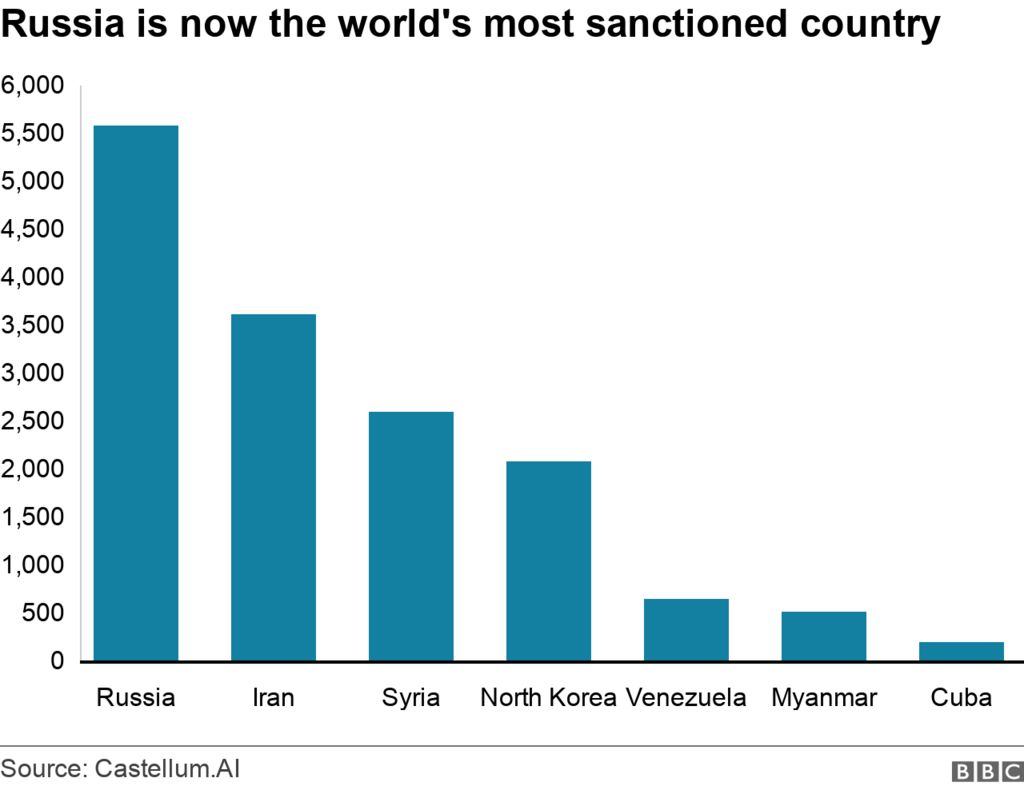London, (Parliament Politics Magazine) – How western sanctions changed life in Russia can be summarized in three words: a depressed economy. The Kremlin is a big user of gas and oil. As a result, the sanctions have weakened the rouble. Against the US dollar, the rouble lost a third of its value. Without the government’s emergency 20% interest rate and capital controls, the pound would have plunged even further.
Despite this, ordinary Russians are still reeling from the recent events. Their news coverage is tightly controlled by the state. Meanwhile, the economic pain is already being felt. The ruble value has plummeted and bank controls have tightened. Wealthy Russians sold their assets abroad, leaving the less-well-off in a worse position. But the immediate impact of sanctions will be felt by Western companies. While they’ve promised to continue supporting Russia, the effects are not yet visible.
The financial impact of western sanctions on Russia is still unknown. But there is some evidence that the measures have backfired. By limiting trade with Russia, Western countries have pushed it further into economic isolation. However, the cost of allowing sanctions to persist is much greater for the Western trading partners. So, how will the economy react to Western sanctions? The answer lies in the calculus of President Vladimir Putin and his advisers.
One reason for such concerns is that these actions affect the Russian economy. As a result, some citizens may have to do without certain products and services. In addition, some Russians will experience a reputational wound. And the government is determined to ensure that these companies stay in Russia despite the financial pain. The economic costs of sanctions are very high – and the consequences of such action will depend on the level of corruption in the country.
Since 2014, Russia has attempted to “sanction proof” itself by cutting off its ties to the West. Its government’s currency is no longer linked to the dollar. The sanctions have hampered the country’s ability to invest in the global economy. It has also hindered its ability to access the international market. And the Russian people’s economy isn’t able to do business with foreigners.
The sanctions have impacted the economy in two ways. First, the economy has been hit by a depressed currency. The oligarchs’ money was trying to move out of the country into euro and dollar assets, which were now worth less. So the oligarchs reacted by slashing prices, which increased inflation. This has forced many to turn to savings. The oligarchs’ money, the oligarchs, but in the end, they have failed to do so.
Because of the strained economy, the Bank of China and the Finance Ministry have introduced further sanctions. The European Union and the United Kingdom have mirrored the White House’s sanctions by imposing additional sanctions on Russia. Germany, for example, has suspended construction of the $11 billion Nord Stream 2 pipeline, which would’ve brought cheap fuel to the EU. The reversal is a major blow to the Russian economy. Furthermore, the Biden administration has placed economic sanctions on the company behind the pipeline as well as its corporate officers.
In the meantime, the Western powers have limited the Russian economy’s access to international financing. But the impact of sanctions is already palpable. The EU and the Obama administration have frozed access to the financial markets of Russian companies. They also banned the major banks and companies in Russia. These actions affected both the Russian economy and the banking system. This has forced the government to find new ways to do business. It has also cut off the supply of foreign goods.
According to the Institute of International Finance, the sanctions have severely weakened Russia’s domestic financial system. They’ve forced the central bank to raise interest rates, and this will lead to negative growth. The government’s budget is also weakened, which will affect the country’s oil and gas companies. Additionally, the West has barred the major Russian companies from accessing the European financial markets. It’s not clear whether the measures will change the course of Russia’s economy, but the measures will surely have an effect.


